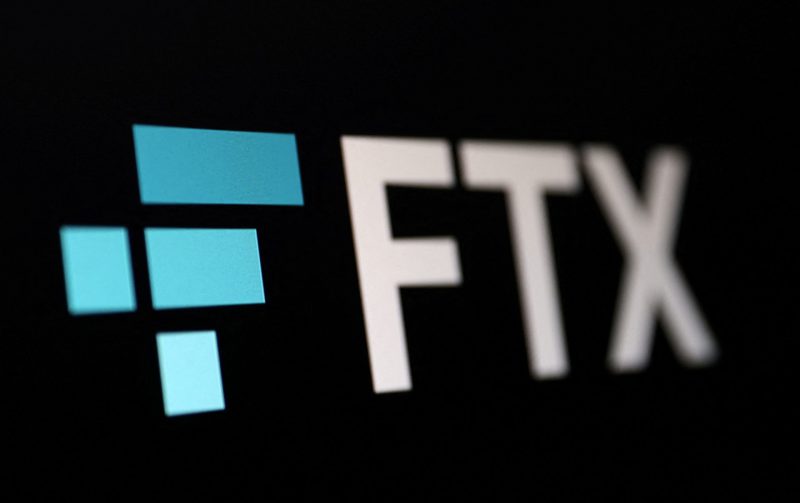In a new court hearing, now-defunct crypto exchange FTX expects to be able to repay its customers in full in bankruptcy liquidation. Indeed, the exchange and its founder, Sam Bankman-Fried, were the face of one of the largest financial crimes in United States history.
Now, the company has stated its expectation to repay affected crypto customers. Additionally, they stated that the exchange would not be restarted despite rumors of a relaunch occurring during the bankruptcy proceedings. Specifically, the exchange has abandoned those plans after no buyers for the platform emerged.
Also Read: FTX Lawsuit Faces Hurdle: SBF’s Parents Fight Back
FTX to Repay Crypto Customers in Full
The digital asset industry was shaken in 2022 when one of the largest cryptocurrency exchanges collapsed. Indeed, FTX had fallen from its place as one of the pillars of the entire industry. Subsequently, the company would soon be outed as one of the largest financial fraud schemes in history.
That collapse destroyed the legacy of Sam Bankman-Freid and the exchange as a whole but wreaked havoc on the financial security of its investors. Billions in funds were lost, and the company would file for Chapter 11 bankruptcy. However, there appears to be optimism for the millions affected.


Also Read: FTX Reportedly Sold $500 Million Worth of Crypto in December 2023
Specifically, FTX has stated its expectation that it will repay crypto customers in full in bankruptcy liquidation. The statement was made in a court hearing that also saw an FTX attorney confirm the abandonment of plans to restart the cryptocurrency exchange.
The exchange had previously sought the potential for a relaunch under the new regime. However, those plans have now been scrapped after no buyers for the FTX brand had emerged. The Wall Street Journal previously reported that FTX faced more than 36,000 customer claims for a total of $16 billion.





